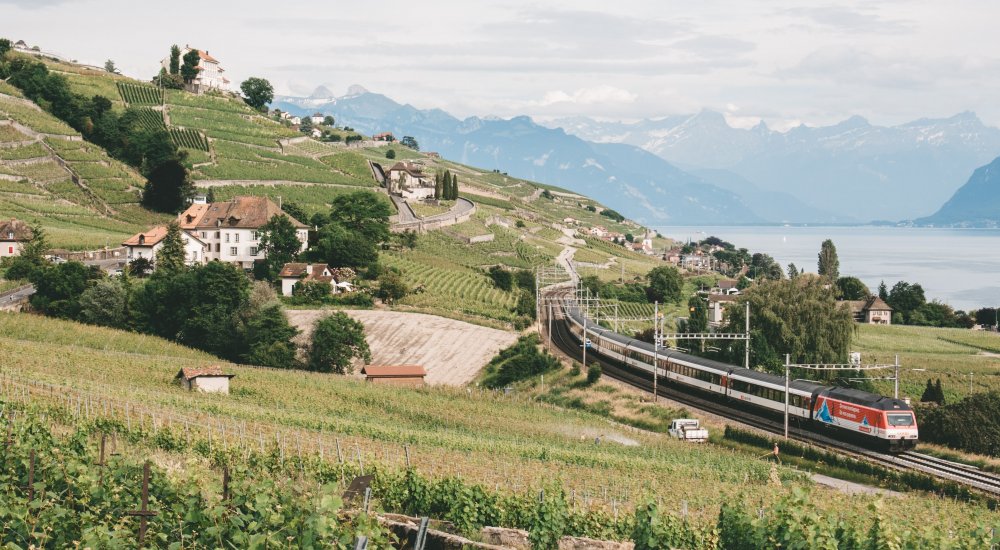HORIZON EUROPE┋Societal perceptions and benefits of rural life and jobs: will COVID 19 generate a long-lasting shift?
HORIZON-CL6-2024-COMMUNITIES-01-2

Expected Outcome
The successful proposal will contribute to fostering a sustainable, balanced, equitable and inclusive development of rural areas, supporting the implementation of the long-term vision for the EU’s rural areas[1] and its objectives that sees EU rural areas stronger, connected, resilient and prosperous by 2040, and the EU territorial agenda for 2030[2].
Project results are expected to contribute to all of following expected outcomes:
- Improved understanding by policy makers at different levels (European, national, regional and local) of the behavioural drivers of people’s lifestyle choices and rural and urban dwellers’ perceptions of rural life in the aftermath of COVID 19;
- Improve understanding of policy makers at different levels (European, national, regional and local) of the behavioural and structural drivers of people’s lifestyle choices and people’s perceptions of rural life in the aftermath of COVID 19 and of the long-term trends and opportunities for rural areas;
- Improved policy-response to rural areas challenges and needs in the light of the COVID 19 impact;
Improved narrative of rural and farming lives.
Scope
Rural areas are often described by the challenges they face: depopulation, demographic change, low income levels, limited access to services, low connectivity, discontent caused by the feeling of being overlooked and limited resilience. However, rural areas can be places of opportunities[3]. For instance, they are key for green-energy production and for ecosystem services; they have the potential of developing the bio and circular economy; they are also an integral part of the ecological and digital transitions; they can also be places rich in terms of cultural heritage and have the potential to develop cultural initiatives.
Overall, there are increasing demands from the society that are putting pressure on rural areas and the Covid-19 crisis showed how important it is to keep essential services, e.g. the agri-food production that is an important part of the rural economies, active.
To better respond to rural areas needs and challenges, and to revert the negative trends that affect the well-being of rural communities, it is important to better understand how rural life is perceived by urban and rural dwellers and to build a new narrative, based on facts, that highlight the opportunities of these places.
Projects funded under this topic are expected to:
- undertake sociological, behavioural, social psychology, social science, history, geographical, cultural, gender, economic studies on societal perception of rural areas and rural lifestyles, including, but not limiting to, societal perception of farming in a variety of places across Europe;
- increase understanding of the drivers of the attractiveness of rural and farming lives and of corresponding criticisms and biases, including the social composition of flows (e.g. age, gender, nationality, economic status, etc.), a geography of departure and destination zones, distinguishing between perceptions and facts, and both from rural people and urban people (including perception of various farming sectors and practices);
- analyse how these drivers have been affected by COVID 19 and are likely to evolve, in the short to long-term (2050) (e.g. economic and trade evolution, new ways of working, multi-local living and second homes, zero pollution, health risks etc.);
- analyse social relations and possible conflicts between new populations and residents, the possible decomposition of social segregation or social mixing;
- identify the policy and financial consequences for local jurisdictions of both new arrivals and depopulation in terms for instance, of public infrastructures sizing (e.g., water treatment, waste management), real estate markets and housing, public services, etc.
- analyse initiatives aiming at shifting perceptions of both urban and rural dwellers on rural and farming lives and pilot new initiatives (e.g. on rural attractiveness for young people also beyond agriculture) in different localities across Europe;
- use foresight (e.g., scenarios, build on trend analysis and disruptive factors, weak signals) to develop adequate strategies to mitigate threats and seize opportunities;
- contribute to build a positive narrative of rural and farming lives based on facts.
This topic should involve the effective contribution of social science and humanities (SSH) disciplines (e.g., sociology, history, human geography behavioural sciences, gender studies, etc.).
[1] A long-term vision for the EU's rural areas - Towards stronger, connected, resilient and prosperous rural areas by 2040, https://eur-lex.europa.eu/legal-content/EN/TXT/?uri=CELEX%3A52021DC0345
[2] Territorial Agenda 2030, https://ec.europa.eu/regional_policy/sources/docgener/brochure/territorial_agenda_2030_en.pdf
[3] OECD, Rural well-being, geography of opportunities, https://www.oecd.org/regional/rural-well-being-d25cef80-en.htm
